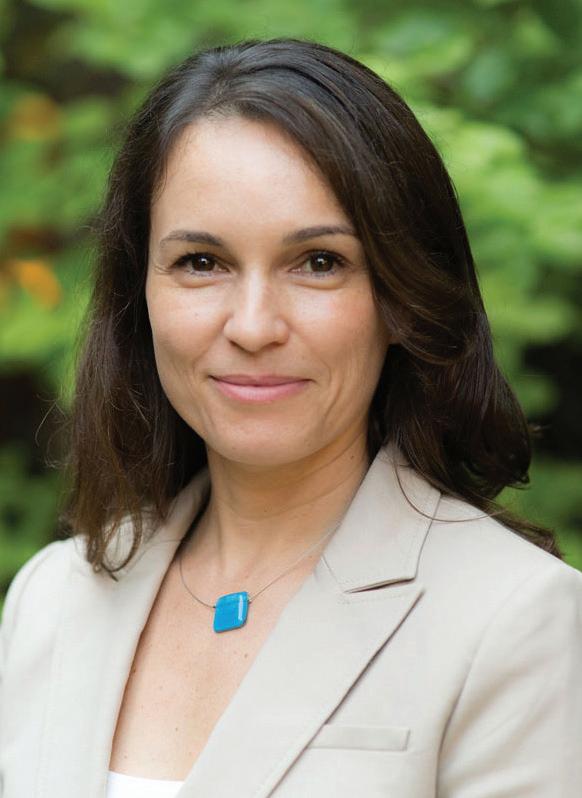
1 minute read
Research Focus: Covid-19
RESEARCH FOCUS COVID-19
How do you switch your research from in person to virtual, overnight? In March 2020, the arrival in Michigan of the SARS coronavirus 2, aka COVID-19, made this seeming impossibility a necessity for our research faculty. Could they conduct effective participant meetings and interviews online? What if the methodology included shadowing participants’ daily activities? What if a research project involved delivery of an in-person service?
As the University and the School shut down physical operations, researchers quickly contacted partners. Some teams agreed to put activities online as much as possible (as shadowing would no longer work, but delivery of interpersonal services could move to Zoom) and researchers and participants were pleased and excited by how smoothly it all went. Other researchers and partners decided, for logistical or cultural reasons, that virtual interaction did not fit; for example, low-income participants might not have had dependable phone or computer access. Some projects had to be substantially altered or postponed. And everyone had to contend with those three all-important letters: IRB. Institutional review boards approve all research with human participants, and every change made to the project must be approved by the IRB. Funders can be equally exacting, and research partners and participants, suddenly struggling with work and family issues, might have bridled at sudden changes to the research for which they had signed up.
Fortunately, our faculty had few of these problems. IRBs were sympathetic and quickly approved changes. Funders gave researchers leeway to do what they had to. And, as for partners and participants, our faculty saw entire communities pivot in a matter of hours, adapting gracefully to new procedures and reporting very gratifying results. Today, some projects that COVID-19 might otherwise have stopped have moved into second phases or beyond. Some faculty started research projects specifically to address the pandemic (for details, see Issue Five of AHEAD at ssw.umich.edu/research/ahead-magazine). In all cases, the rapport our faculty had developed within the academy, among research and funding partners and within communities made the difference. When researchers called to say, “We will start tomorrow like we planned, but we’ll be adapting everything to Zoom,” our partners and participants readily jumped into the unknown. Those projects that were able to go forward achieved great results because they had great beginnings with researchers and partners who were thoughtful, trustworthy, flexible and creative. n







